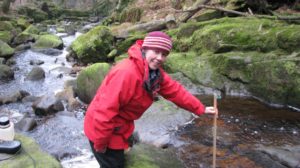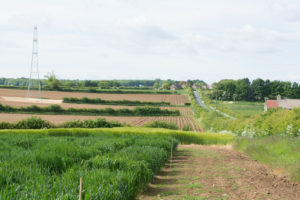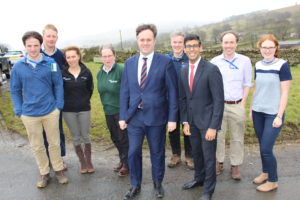
Hard pressed local authorities in Yorkshire are to get some support from iCASP in dealing with the spread of watery invaders such as Giant Hogweed, a plant that causes long-term skin burning.
Last year’s costs for removing Giant Hogweed and Japanese Knotweed from the Rivers Aire and Don was over a hundred thousand pounds. Although Yorkshire is currently largely free of Floating Pennywort, which clogs up waterways, costs of large infestations are huge. Once widespread it becomes almost impossible to eradicate this invasive species, resulting in spiralling annual costs of treatment. A new iCASP project will therefore help authorities to act now to prevent any spread.



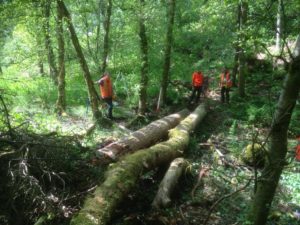
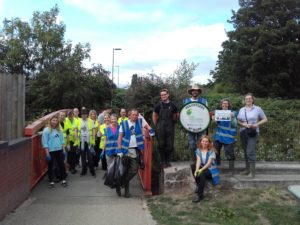
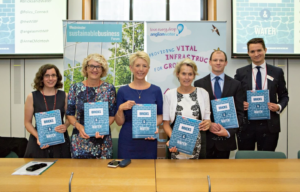 A new report, Bricks and Water, which iCASP helped to inform, has been published by the
A new report, Bricks and Water, which iCASP helped to inform, has been published by the 